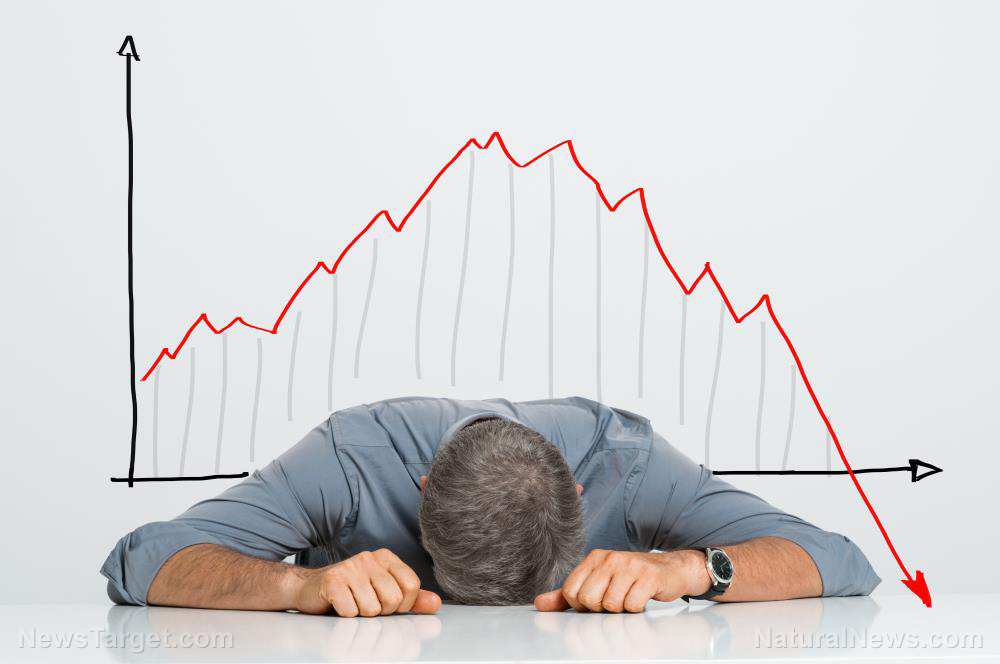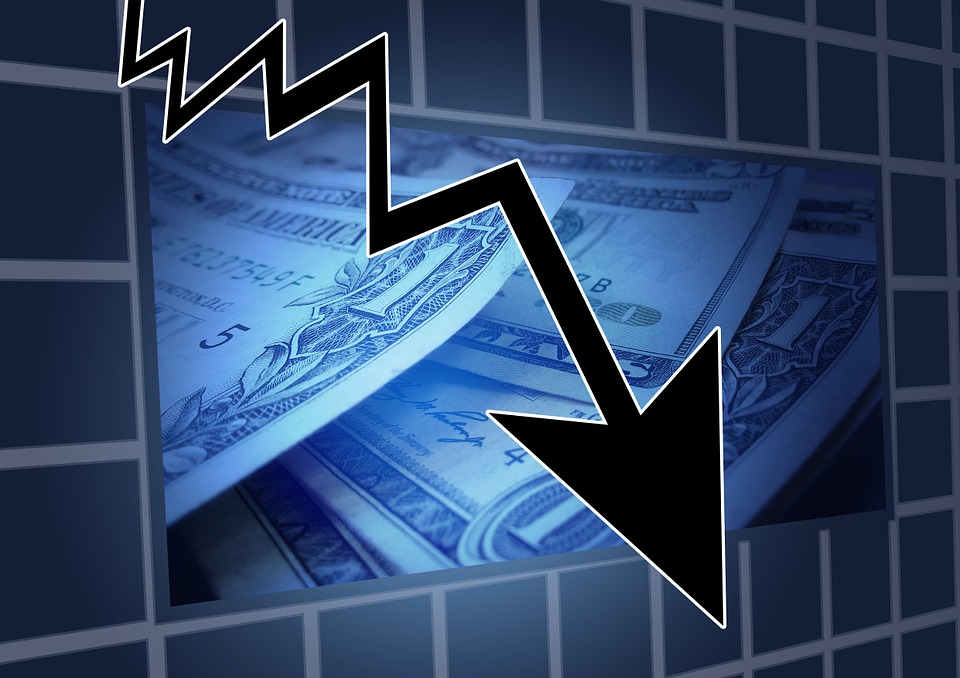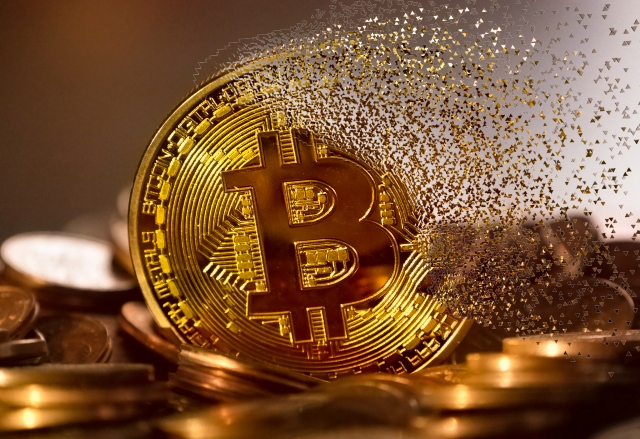Black swan strikes USDC stablecoin following Silicon Valley Bank collapse
03/15/2023 / By Ethan Huff

After it was announced that Silicon Valley Bank (SVB) had collapsed, the cryptocurrency world’s second-largest “stablecoin,” USDC, plunged in value before later rebounding closer towards its intended $1 peg.
Circle Internet Financial Ltd., which runs USDC and banked at SVB, has promised to cover any shortfall in the $3.3 billion worth of reserves it held at the now-shuttered bank.
“USD Coin, a key plank in crypto markets, rose as high as $1 and was trading at 98.2 cents as of 10:50 a.m. Sunday in Tokyo,” Bloomberg reported. “The coin had earlier fetched less than 85 cents in a depeg that sent a shudder through digital assets.”
“Circle reiterated its stablecoin, also known as USDC, is fully backed by $42.1 billion in cash and U.S. Treasuries. The company said outbound transfers of the $3.3 billion at Silicon Valley Bank initiated as of Thursday had yet to settle but expressed confidence in U.S. regulatory efforts to manage the overall situation.”
(Related: Remember the Tether stablecoin crisis that occurred following the collapse of FTX?)
Stablecoin volatility spreads to Dai and Pax Dollar following SVB implosion
Since it is unclear whether or not SVB will be able to “return 100 percent” of the lost cash, Circle stipulated to its customers that any such return “might take some time.” In that case, the firm:
“… as required by law under stored-value money transmission regulation, will stand behind USDC and cover any shortfall using corporate resources, involving external capital if necessary.”
Stablecoins, in case you are unfamiliar with them, are designed to maintain roughly equal value with the thing to which they are pegged. In this case, USDC is pegged to the Federal Reserve Note, which is worth $1 (whatever that means anymore).
For USDC to plunge as it did proves once again, just like Tether before it did, that stablecoins are anything but stable. This is especially true when reserves that back them disappear as in the case of Circle’s holdings at the now-defunct SVB, which has since become the FDIC (Federal Deposit Insurance Corporation) Deposit Insurance National Bank of Santa Clara.
“The volatility in USDC, which is meant to be one of the safest assets in crypto with a constant $1 value, had spread to other stablecoins like Dai and Pax Dollar but they also pushed closer to their pegs,” Bloomberg revealed.
“Top stablecoin Tether or USDT – which has previously faced scrutiny over its reserves – said on Friday that it doesn’t have exposure to Silicon Valley Bank and has held firm at $1 or above.”
Spencer Hallarn, a derivatives trader at investment firm GSR, commented on the matter by claiming that USDC became unexpectedly volatile because of people “just freaking out and wanting out of USDC.”
Some investors, he added, moved to Tether “as a temporary hiding place” while they wait for this all to end, while others are “doing the math about likely impairment and value buying.”
The situation at SVB is now being described as a “black swan failure” in the U.S. financial system, which is begging for a bailout using the threat of “broader implications for business, banking, and entrepreneurs.”
“Stablecoins are supposed to hold a set value against another, highly liquid asset like the U.S. dollars,” Bloomberg explained.
“Some, like Circle’s, are underpinned by reserves of cash and bonds. Investors often park funds in stablecoins as they move between crypto trades or access blockchain-based financial services.”
“USDC has a circulating supply of about 41 billion tokens with a market value of roughly $40 billion, CoinGecko data shows. Billions of dollars [sic] worth of the token have been redeemed by traders since Friday.”
America’s fiat money system is corrupt to the core. To learn more about it, visit Corruption.news.
Sources for this article include:
Submit a correction >>
Tagged Under:
black swan, Bubble, chaos, Collapse, corruption, crypto crash, debt collapse, deception, economic collapse, finance, finance riot, Inflation, markets, money supply, panic, pensions, risk, Stablecoin, stock market, SVB, USDC, Wall Street
This article may contain statements that reflect the opinion of the author
RECENT NEWS & ARTICLES
COPYRIGHT © 2017 PENSIONS.NEWS
All content posted on this site is protected under Free Speech. Pensions.news is not responsible for content written by contributing authors. The information on this site is provided for educational and entertainment purposes only. It is not intended as a substitute for professional advice of any kind. Pensions.news assumes no responsibility for the use or misuse of this material. All trademarks, registered trademarks and service marks mentioned on this site are the property of their respective owners.
















